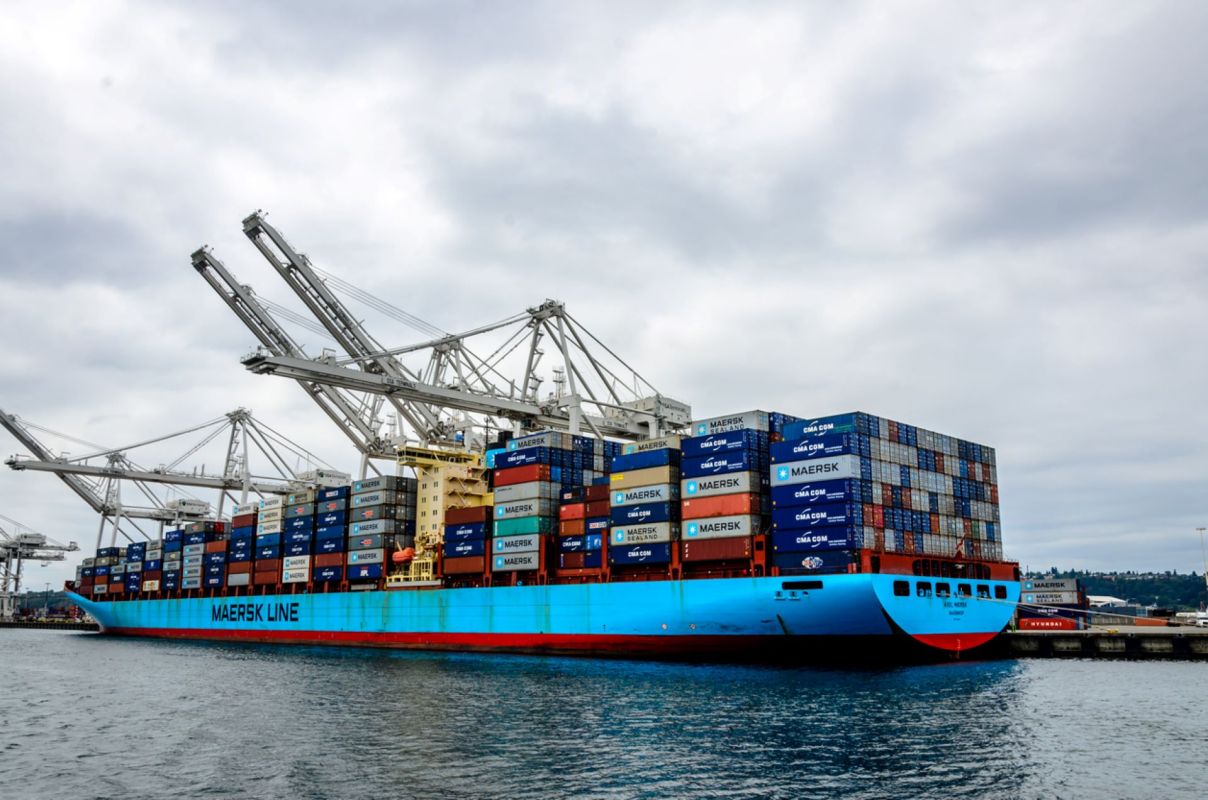Nearly 10,000 miles of sea separates Singapore from the Netherlands, but the nations appear to be united in a common goal, giving conservationists a reason to celebrate as the "green shipping corridors" movement gains traction.
The BBC reported that the Port of Rotterdam Authority linked up with the Maritime & Port Authority of Singapore to form one of the few long-distance green shipping corridors requiring ships to be fueled by energy that produces zero or little pollution.
The container ship Laura Maersk took the first journey down the corridor under these regulations in September and was powered by methanol, which provides "up to 65% reduction in greenhouse gas emissions," per the BBC, when compared to traditional dirty energy sources such as oil, gas, and coal.
Ammonia, which is created by combining nitrogen and hydrogen, is another type of approved "green fuel," as reported by the BBC, and Singapore and Rotterdam intend to construct storage facilities to support the transition.
"We have to get started somewhere, and you cannot get started by implementing zero-emission shipping as a total solution everywhere in the world," Port of Rotterdam interim chief executive Boudewijn Siemons told the BBC.
According to the nonprofit Oceana, over 3% of carbon pollution worldwide comes from ocean-bound ships. That would make the industry the sixth-largest contributor of planet-warming pollution if it were a country.
The negative impact of shipping doesn't stop there, as the pollution released by the vessels can change the chemical balance of the waters — a process known as acidification.
NOAA Fisheries referred to the acidification as "the osteoporosis of the sea," as it inhibits the ability of popular seafoods, including oysters, lobsters, and shrimp, to maintain their protective shells — potentially disrupting the livelihoods of billions of people, as well as their food supply.
While avoiding products from the fast-fashion industry is one way that individuals can help our oceans, Rotterdam and Singapore aren't alone in their quest to find wide-scale solutions to the shipping issue. Electric cargo ships in China and ocean container ships powered by hydrogen fuel cells are among the recent developments.
Multiple green shipping coordinators were also unveiled in Dubai at the 2023 U.N. Climate Change Conference (COP28), according to the BBC, including a route between Houston and Antwerp, Belgium.
"We need bold projects like this to leverage the learnings and further develop green partnerships," Bo Cerup-Simonsen, the CEO of the Mærsk Mc-Kinney Møller Center for Zero-Carbon Shipping, told The Maritime Executive when the Rotterdam-Singapore passage was first announced in August 2022.
Join our free newsletter for cool news and actionable info that makes it easy to help yourself while helping the planet.









